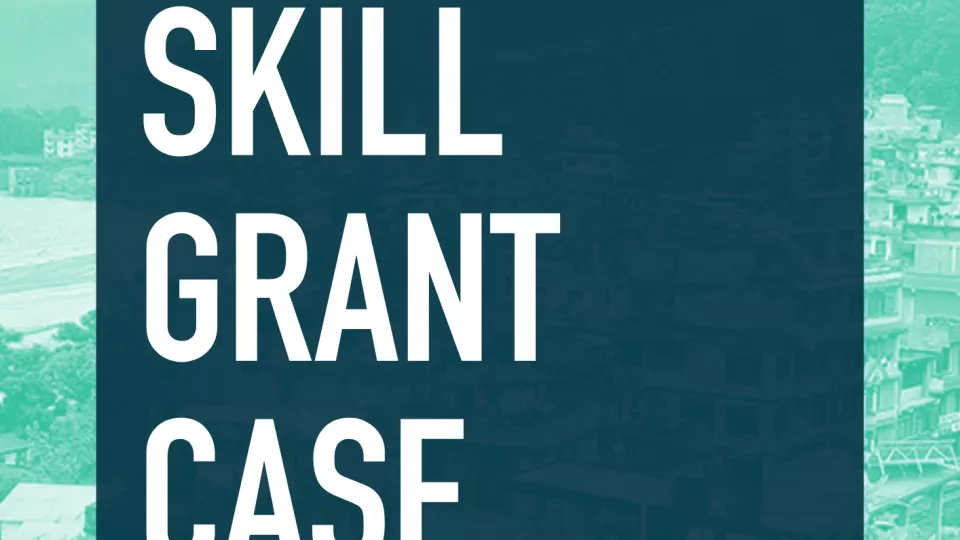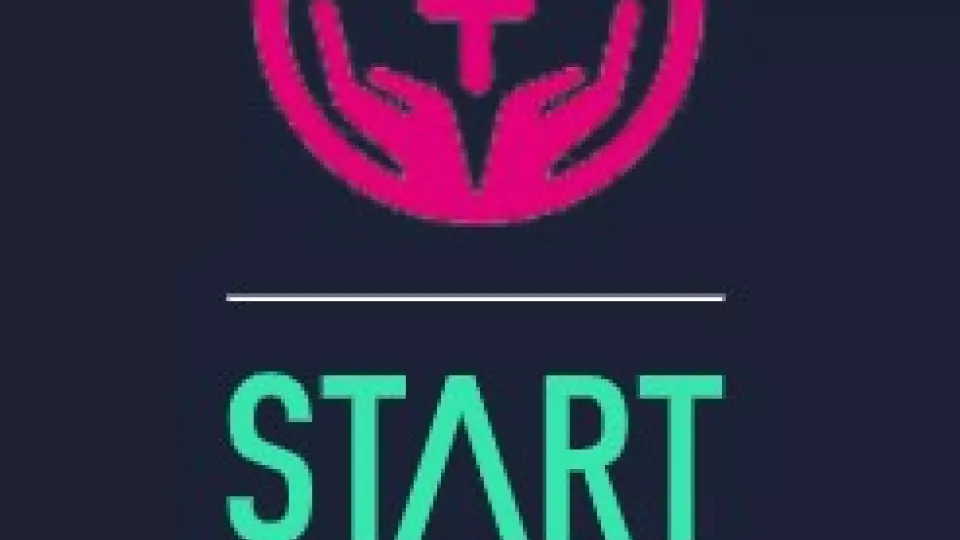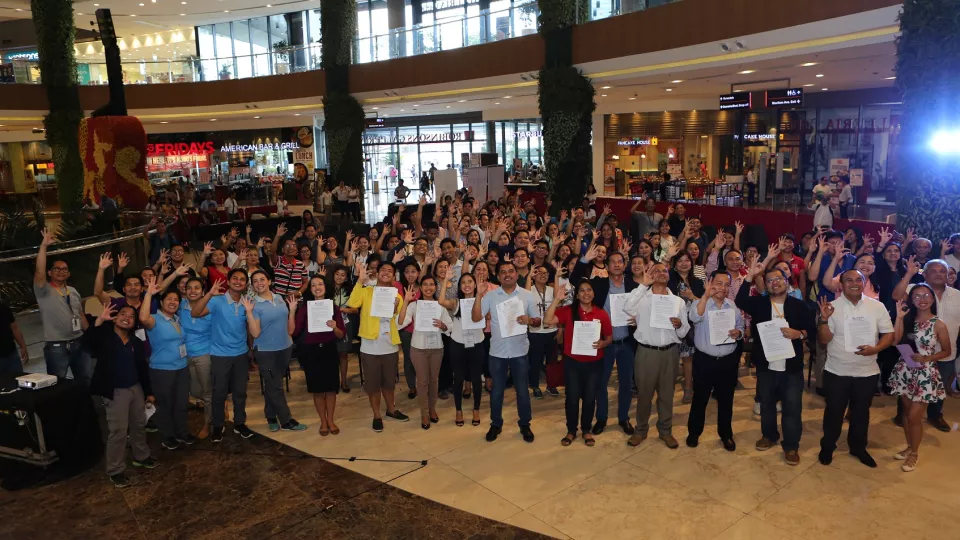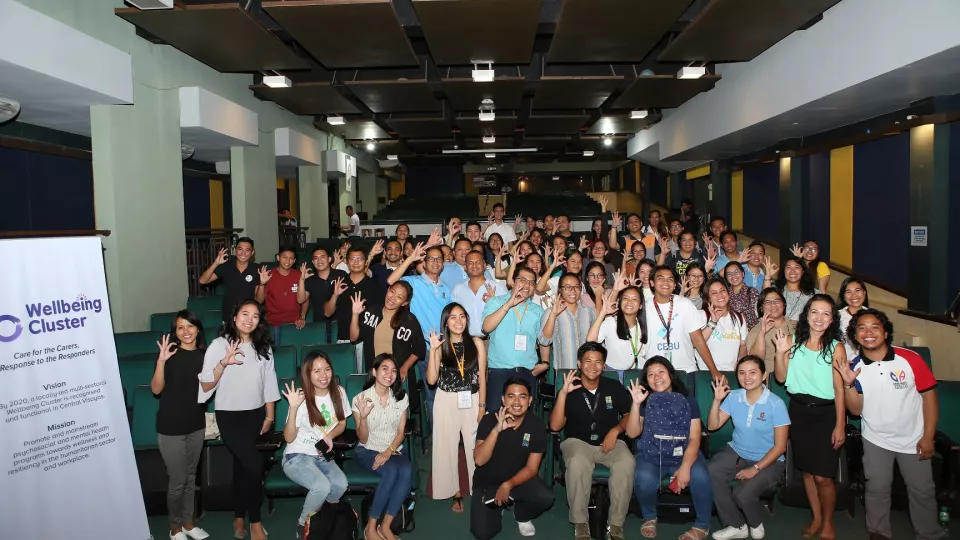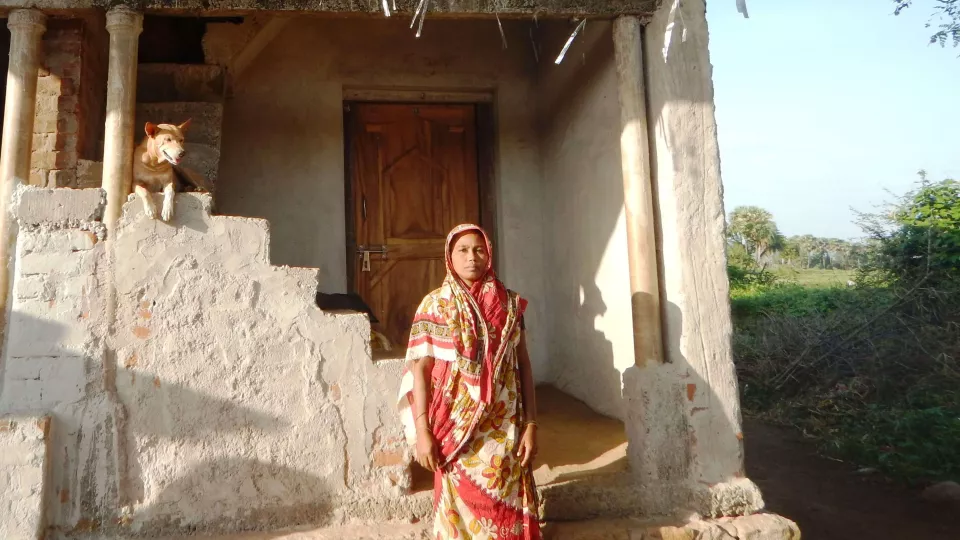In January 2022 AFPDE was awarded Start Network’s Sharing Knowledge and Ideas Under Local Leadership (SKILL) Grant, to conduct a peer learning programme focused on a research project of their choosing. AFPDE connected with other local, national and international organisation as well as members of the community and local officials, to organise a series of research activities and explore community resilience in Nundu, Lemera and Ruzizi health zones of the DRC. This report is condensed from the full research report written by Bagula Amato, who was the consultant hired by AFPDE to lead the data collection and research analysis which captures the findings and recommendations from this work.
